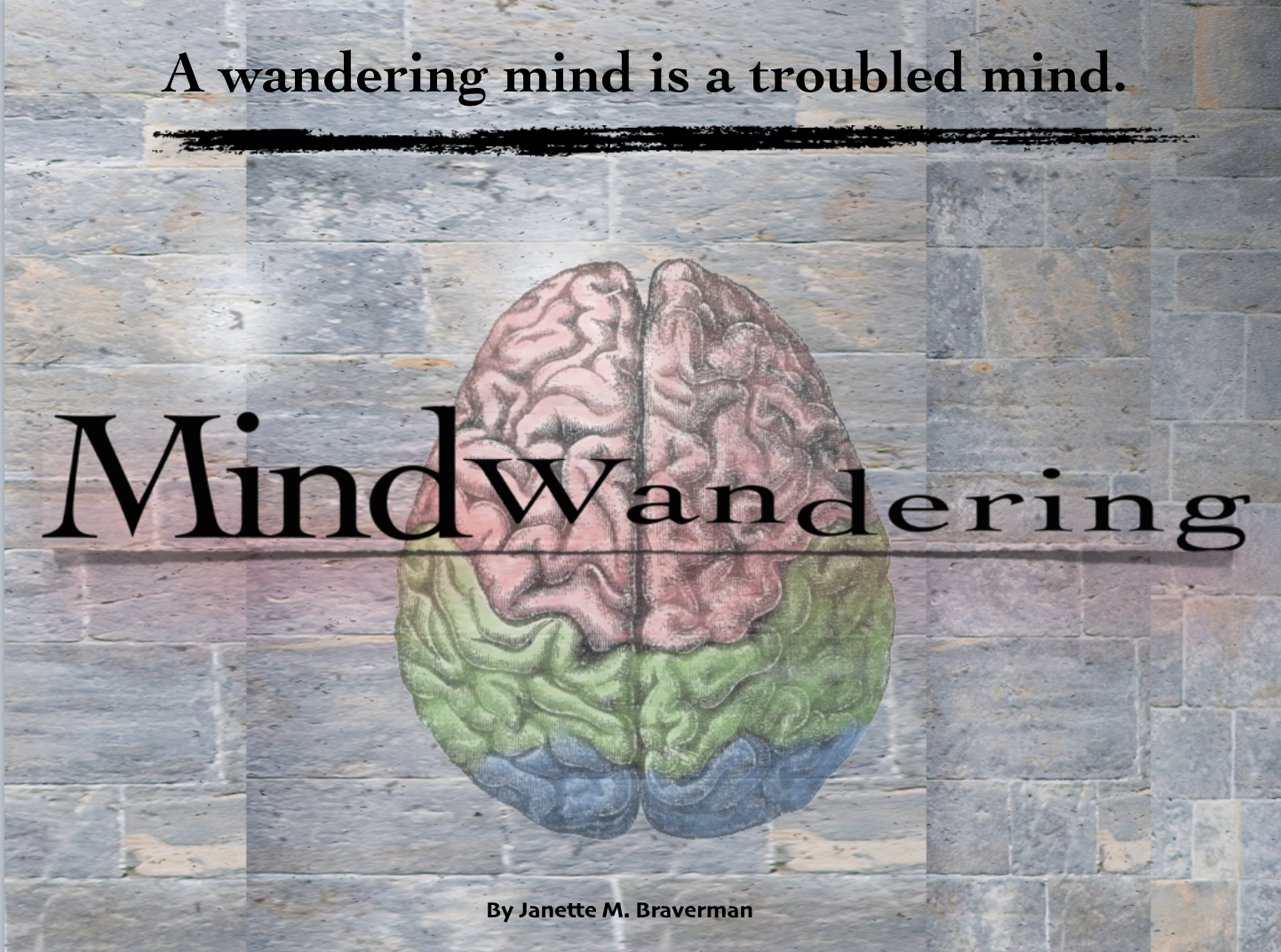Mind wandering is something that most deal with on a daily basis. It appears to be our brain’s default mode of operation. Although mind wandering has benefits such as allowing people to plan, learn and be creative, it seems there might be an emotional cost associated with it.
Over 2000 adults were sampled during their day to day activities and 47% of the time, their minds were not focused on what they were currently doing (Killingsworth and Gilbert). When we focus on events that happened in the past, might happen in the future or may never happen at all, it means that we’re worried about something.
As a matter of fact, we hardly ever contemplate on things that will cause us to relax, unless we’re having sex, preparing for an upcoming vacation or something fun. Many of us tend to have multiple irons in the fire. However, we must truly learn to live in the present if we want to live stress-free lives.
In other words, we shouldn’t be spending our time each day ruminating—re-living a negative experience over and over again or stressing about an upcoming event. Killingsworth and Gilbert found in their study that even when adults were having a positive experience while mind wandering, they would still venture into a negative place. Mind wandering simply tended to make adults unhappy.
Well, I’d like to encourage you to enjoy each and every day to the fullest. Practice having a non-judgmental state of heightened or complete awareness of your thoughts and emotions or experiences on a moment-to-moment basis, which is called mindfulness. Rest or exercise when your body needs it. Make peace with family members, friends, colleagues and contemplate on positive memories. Always keep your mind sharp and clear. If you have to, take multiple 2 min breaks each day just to breathe. It not only slows you down, but taking deep breaths requires dedicated concentration which also clears your thoughts. I strive to do this daily!
Focus on what you will do today. Although you think you can control it, know that you can never completely control what will happen tomorrow. Something new is always waiting around the corner and it has stress written all over it. However—you can control today.
If you’d like to learn more about mind wandering and how to live in the present, there is a full chapter in my book, 10 Reasons Communication Brings Transformation: Unleash Your Greatness.
How do you live in the moment? Please like and share your experience.


